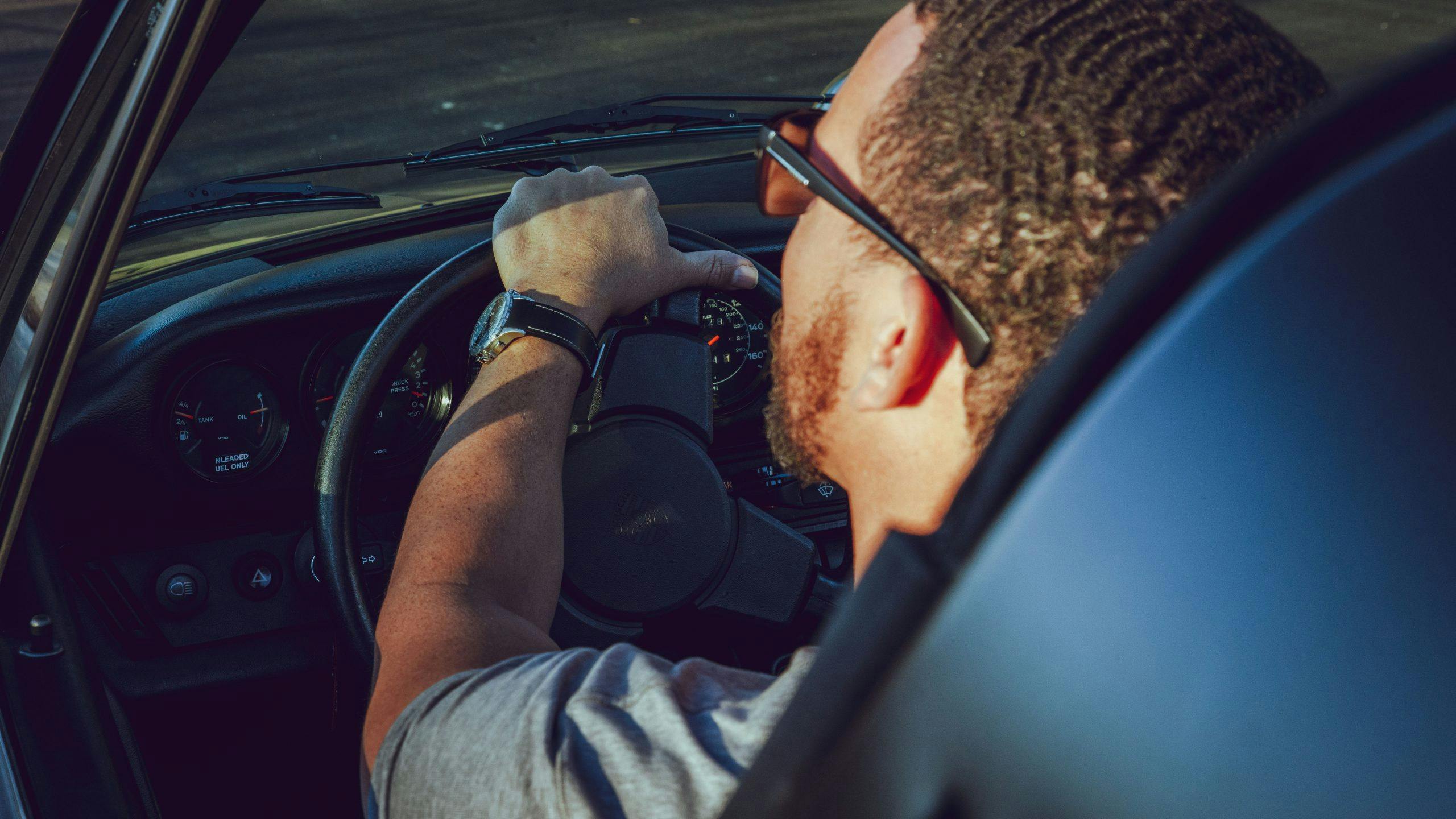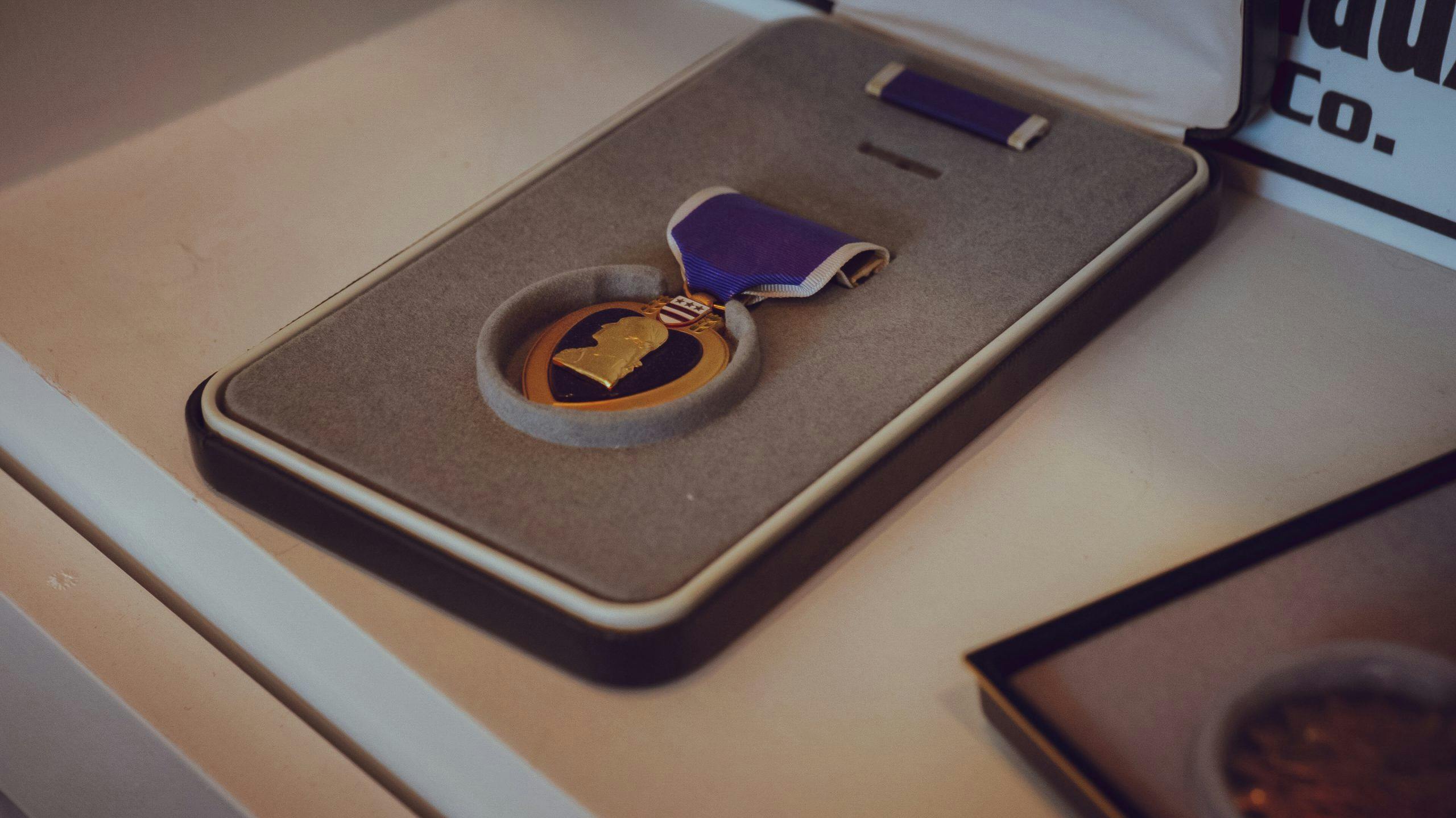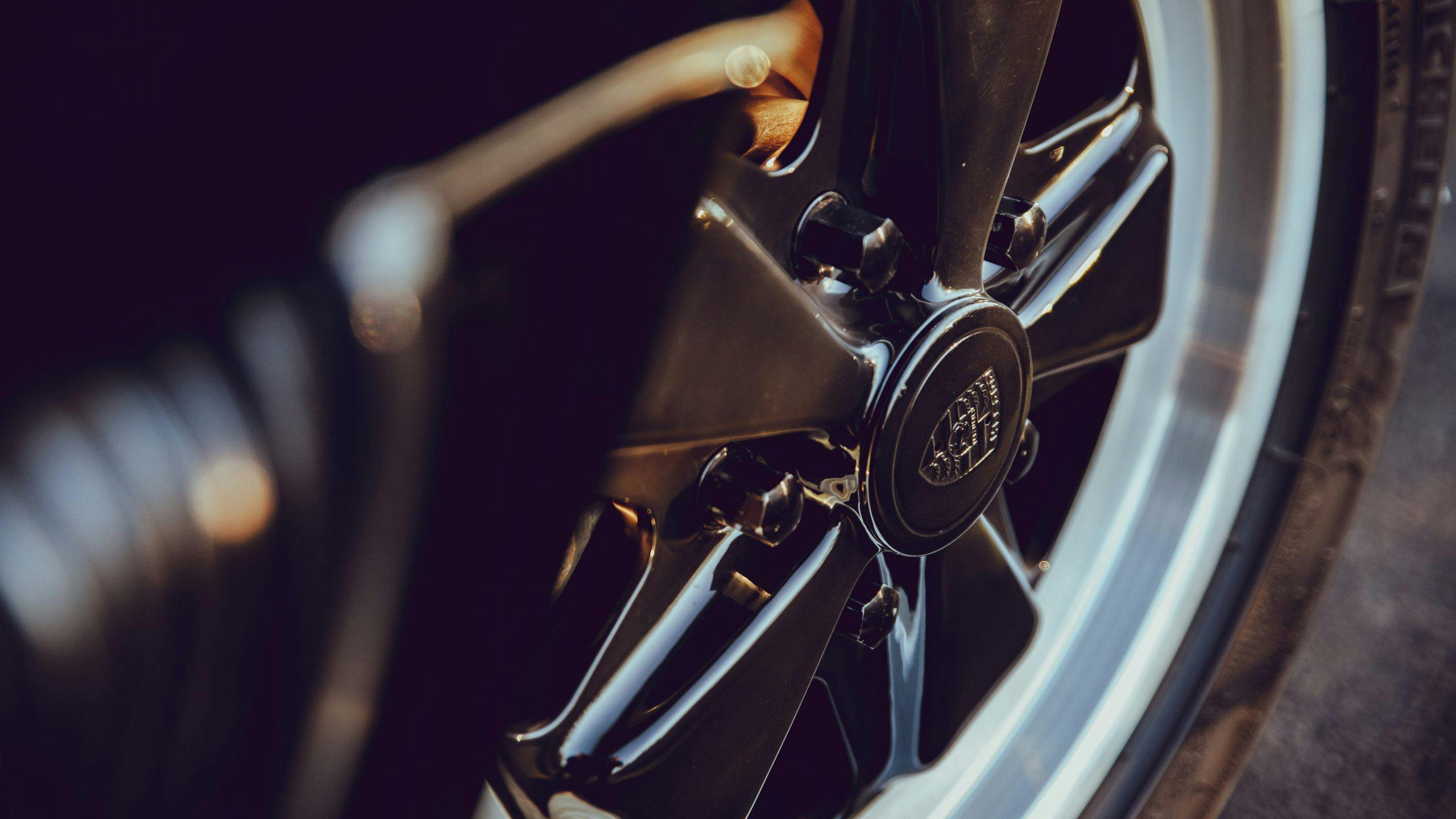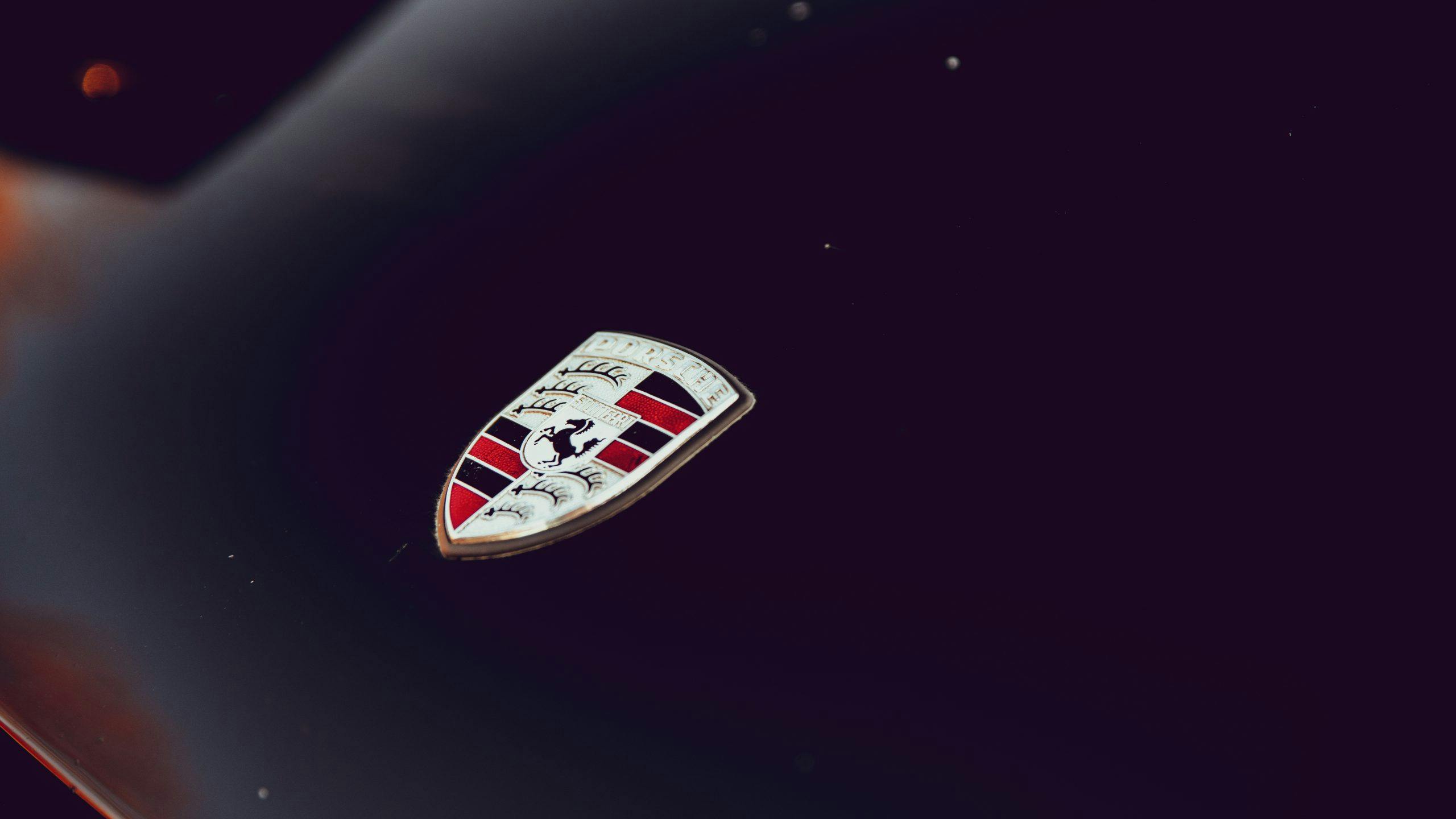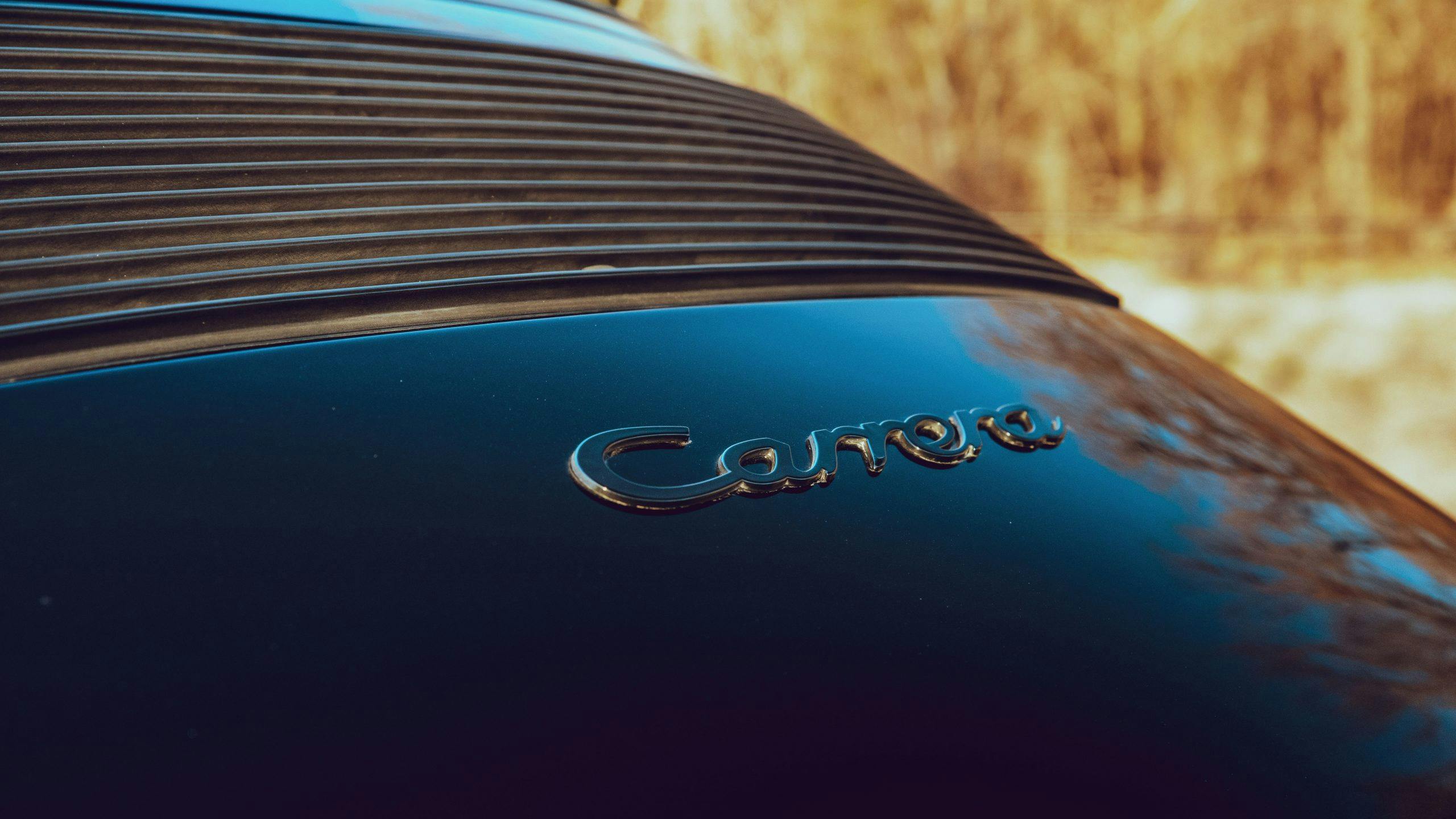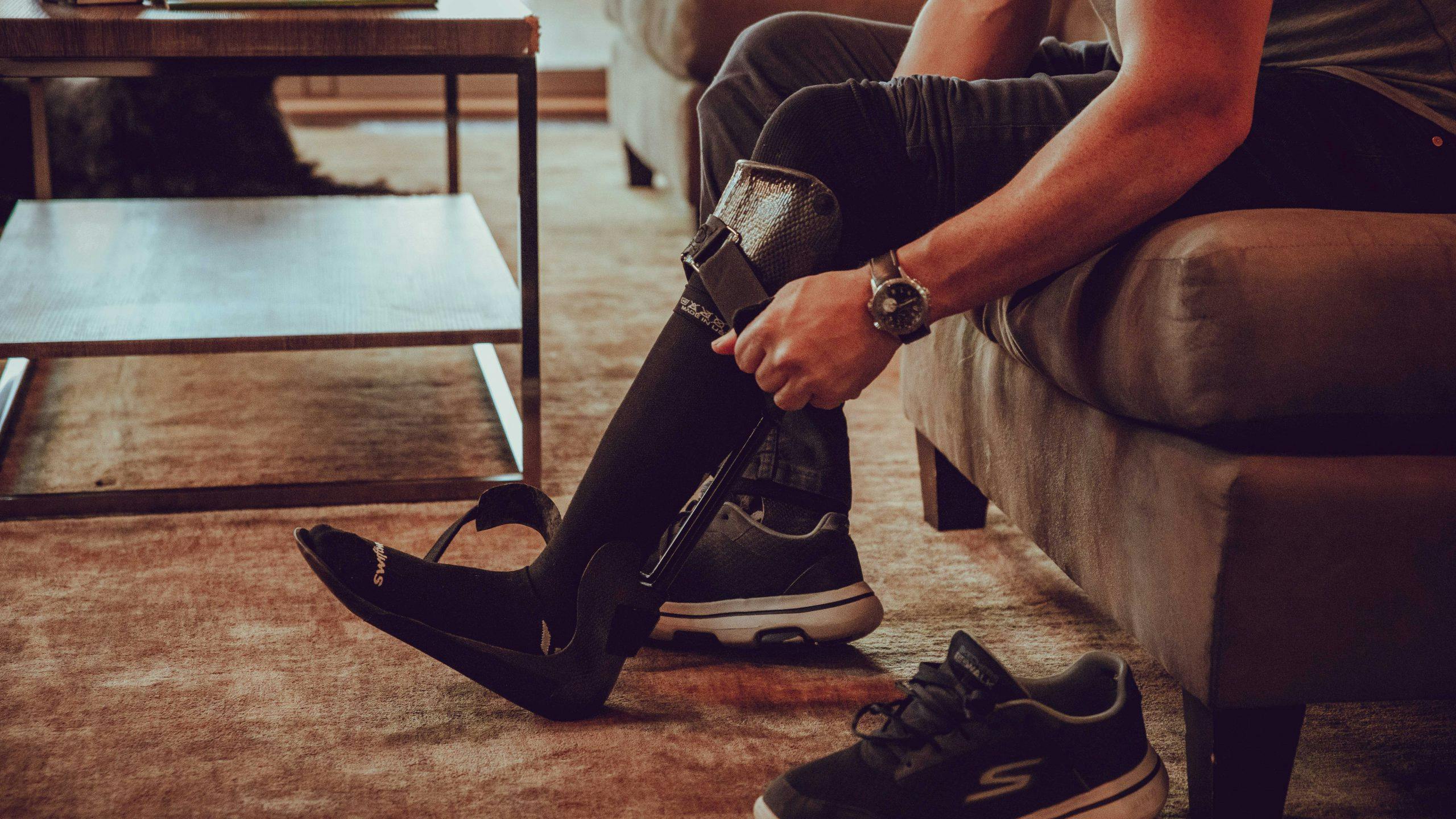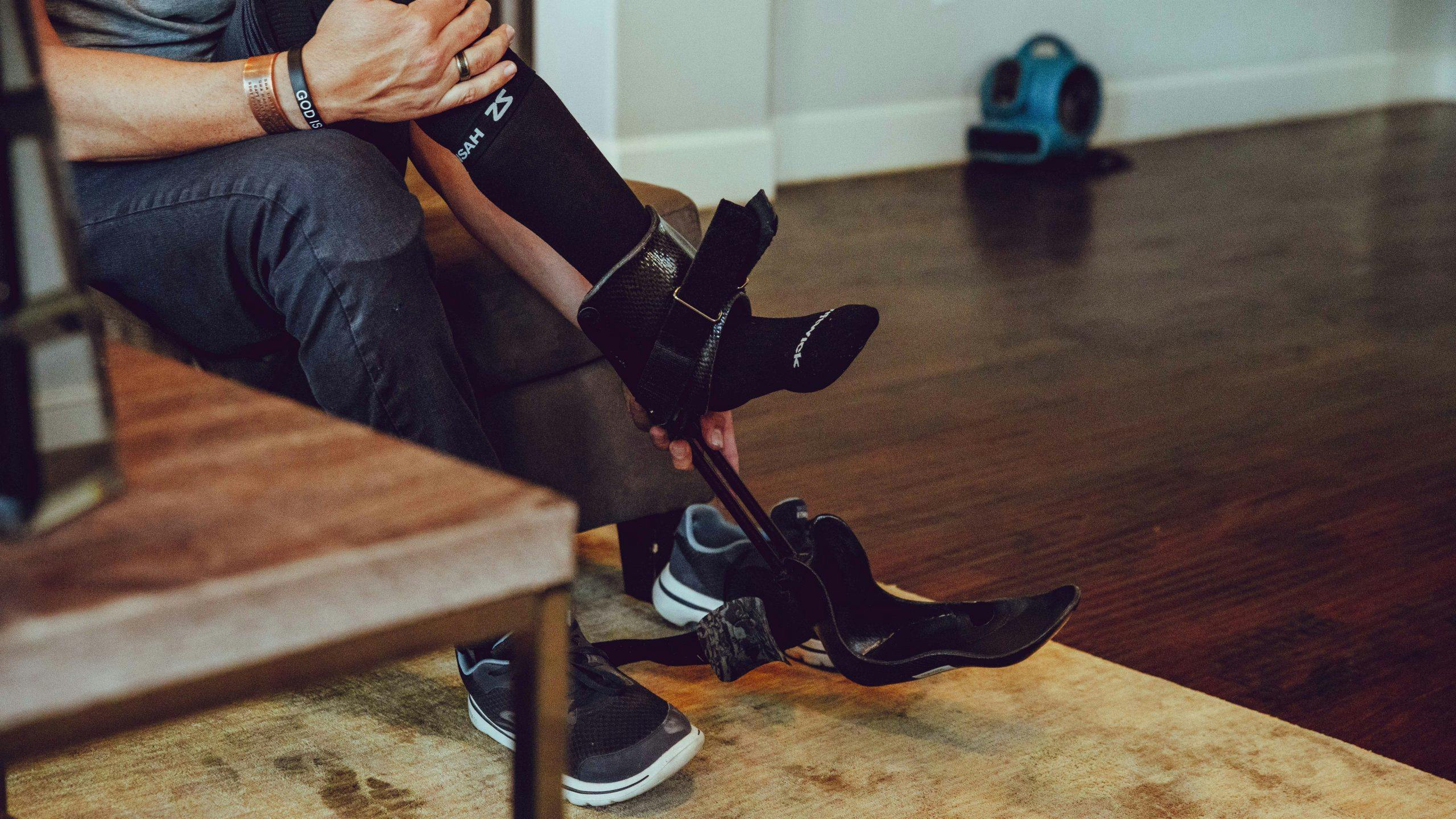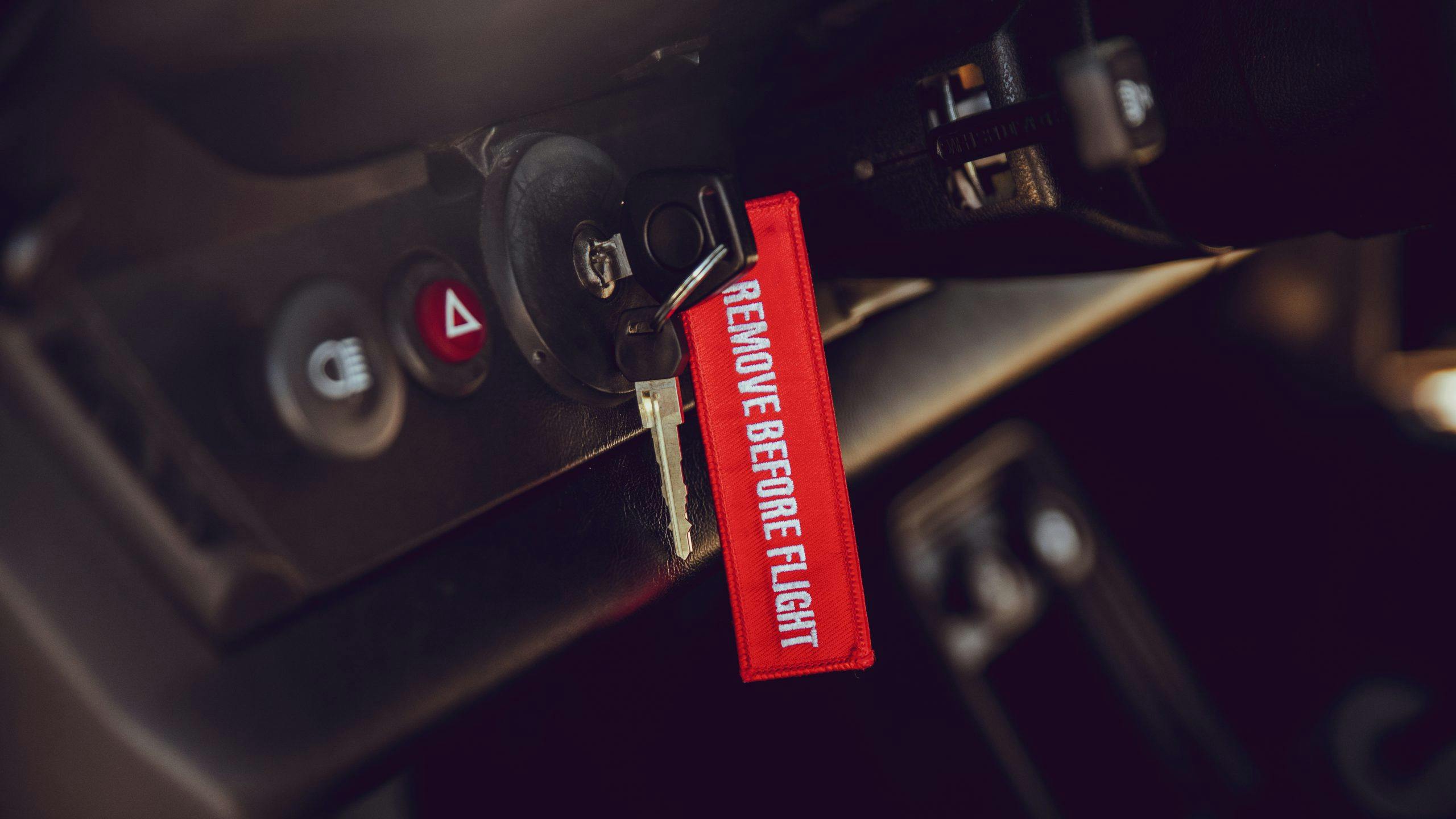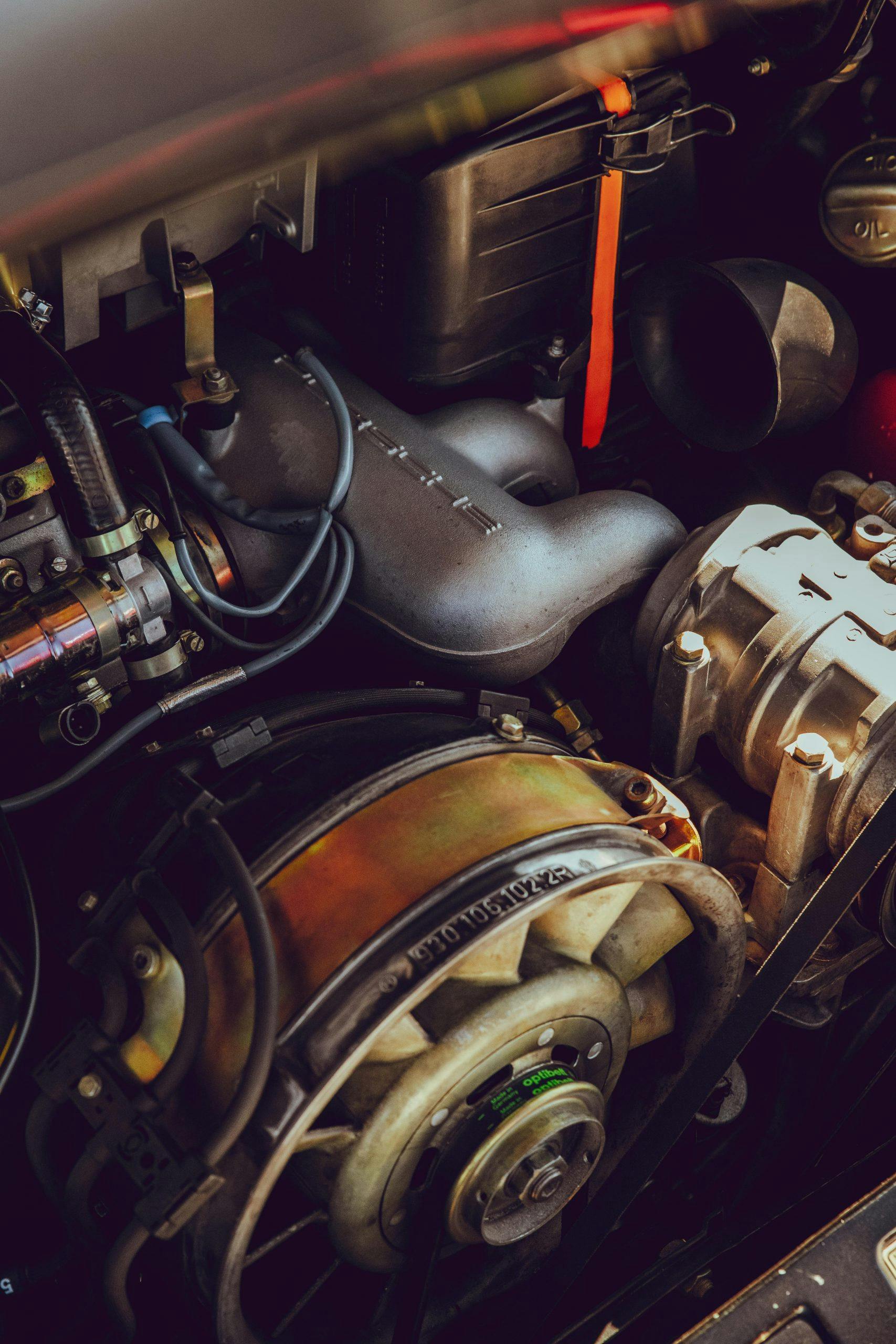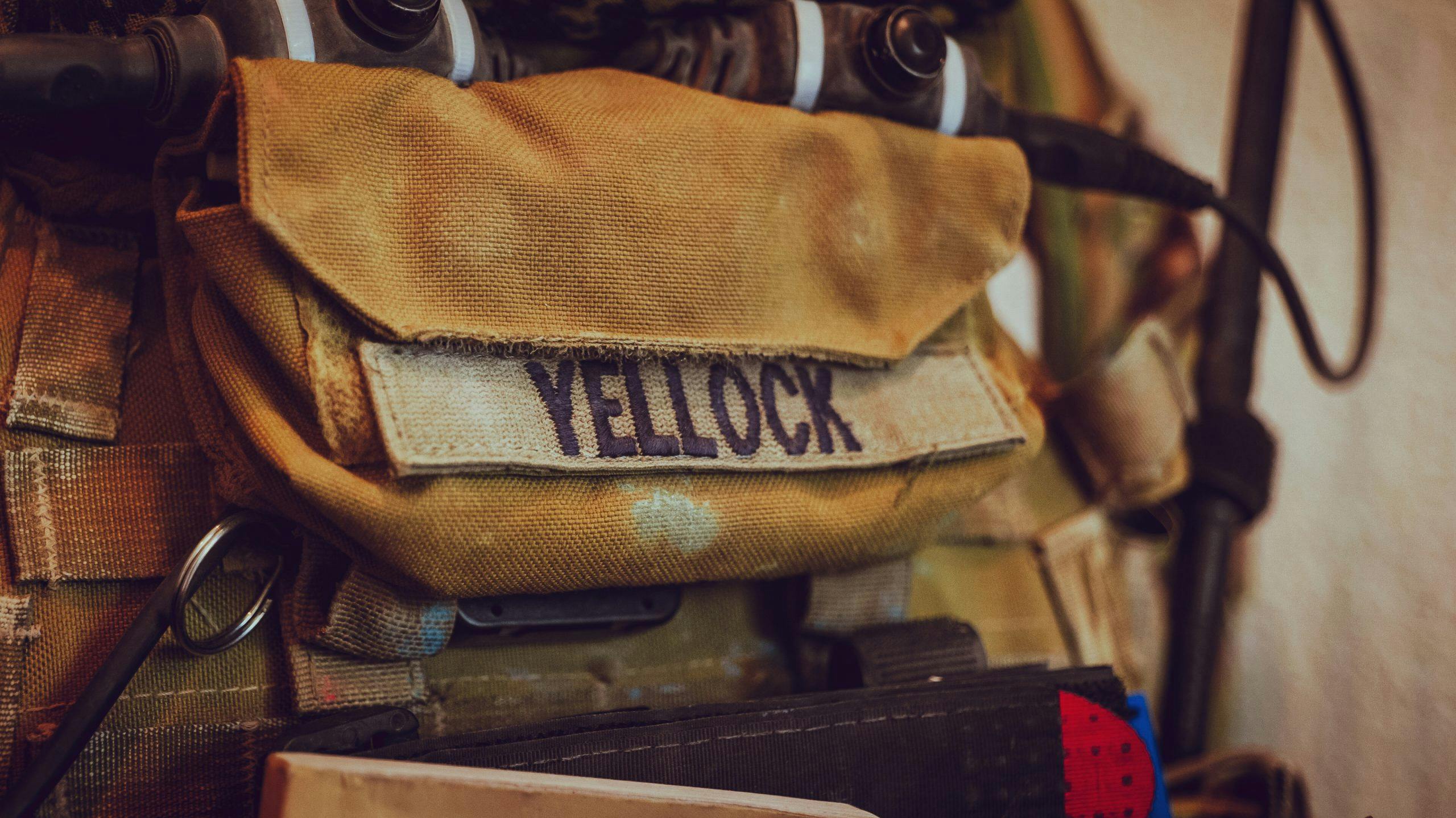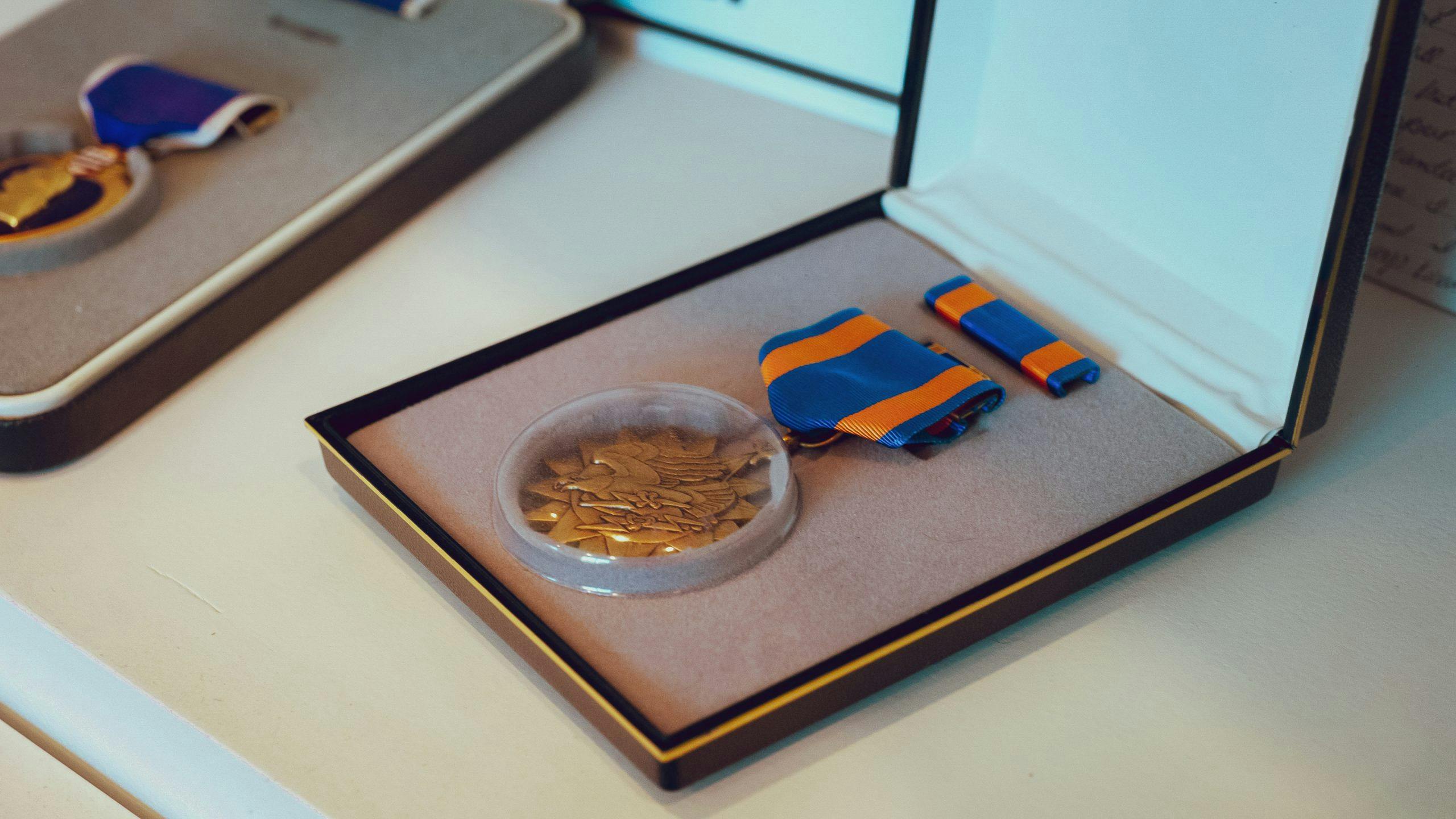Enjoy Stick-shift stories, opinion, and features from across the car world - Hagerty Media
When Johnnie Yellock stepped off the airplane in Nashville, he wasn’t even sure he would be able to drive the car he had come here to buy. So unsure was Yellock that his legs and ankles would answer his call, in fact, that he had brought a friend along to help him drive. You know, just in case.
Only a few years earlier, Yellock had had to install hand controls on his car in order to drive himself to work, on errands, and to the seemingly endless string of doctor and physical therapy appointments that constantly awaited him across Texas. And yet, here he was, on his way to buy his dream car, a 1984 Porsche 911 Targa that would require him to use all four of his limbs if he was to drive it back home to Dallas.

That Yellock even has all four of those limbs is a testament to the wonders of modern medical science. That he can use them to operate a manual transmission is nothing short of miraculous. Fresh out of college and inspired by both his parents’ military careers, Yellock joined the Air Force. His goal: to become a Combat Controller, a special operations soldier whose duty is to embed with special forces teams from across the U.S. military—Green Berets, Delta Force, Navy SEALS—and control air-to-ground combat operations. Suffice it to say, this is no paper-pushing desk job.
In 2011, while on his second deployment in Afghanistan, Yellock’s convoy hit an improvised explosive device in Paktika Province. The explosion ripped through the MRAP (mine resistant military vehicle) in which Yellock was riding. When Yellock regained consciousness and looked down, he could see the soles of his feet staring back at him. After applying tourniquets to himself to staunch the bleeding, and then supervising a helicopter MEDEVAC landing for himself and his interpreter, Yellock was rushed to a military hospital and eventually evacuated back to the United States. For his actions on that day, Yellock received the Bronze Star, Purple Heart, and Combat Action Medal.
Yellock also received words from his doctors that he would, in all likelihood, be a double, below-the-knee amputee. Even if they saved his legs, the doctors said, he might never run again, much less drive a manual transmission.
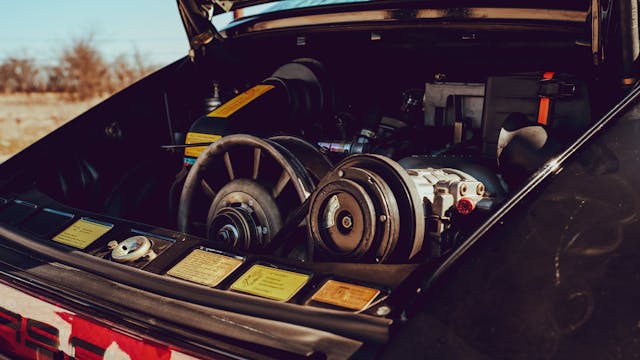
“I felt at that point that I’d run enough,” Yellock says. “I think we’ve all run enough, but at only 24 years old, it was a difficult prognosis to know that I might never be able to use my feet again [to drive a stick shift].”
Thanks to modern limb-salvage techniques—and 32 surgeries—Yellock not only has both of his legs but now uses them to do everything from play golf to, yes, drive his classic Porsche. Sure, he will have to wear adaptive braces on his legs for the rest of his life but this, for Yellock, is a price worth paying if it gives back to him these simple pleasures he once came so close to losing.
Driving a manual transmission is no longer something Yellock takes for granted. It is not an afterthought, or an experience to which he feels entitled. Every time Yellock slides into the driver’s seat of this 911, it is a reminder of his perseverance, his good fortune, and his unbreakable optimism that keeps him moving forward into the future.
